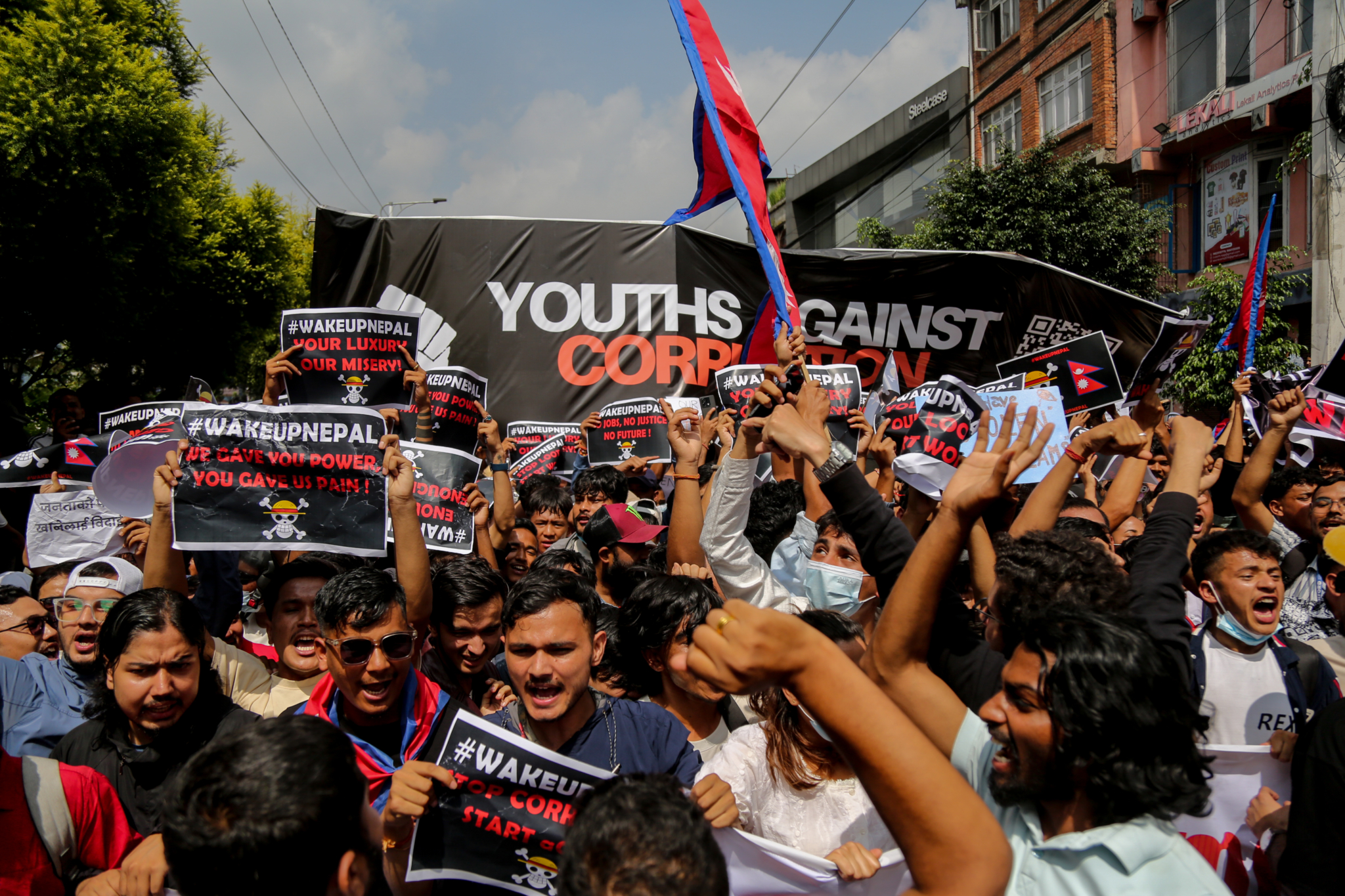Reacting to emerging reports of at least 18 dead and more than 100 injured during a crackdown on the youth-led protests against corruption and social media ban in Nepal, Nirajan Thapaliya, Director of Amnesty International Nepal, said:
“Amnesty International strongly condemns the unlawful use of lethal and less-lethal force by law enforcement in Nepal, resulting in deaths and serious injuries of several protesters. We urge the authorities to exercise maximum restraint. The law enforcement agencies must only use force where absolutely necessary and it must be strictly proportionate to the legitimate aim sought to be achieved. The authorities must also take every possible precaution to avoid the use of force and minimize harm if it becomes unavoidable.
“Amnesty International calls for the immediate de-escalation of the situation and urges the government to adopt a rights-respecting approach in the policing of protests. The Government of Nepal must also immediately conduct a thorough, independent and impartial investigation into the deaths and hold all those found responsible fully accountable, including through criminal prosecution. Victims of unlawful use of force by the law enforcement agencies and security forces must receive full and effective reparations from the state.
“The protestors have a right to peacefully protest and express their frustration and outrage against corruption and the government’s restriction on the right to freedom of expression including the social media ban in Nepal. It is the obligation of Nepali authorities to respect this right in line with its commitments under international law as well as its own Constitution and protect all protesters from further harm. The government must genuinely listen to the legitimate demands of the youth to end corruption, deliver accountability and ensure civil liberties instead of meting out such reckless violence against them.”
Nepal protests follow government ban on social media platforms
On 4 September, the Government of Nepal imposed a ban on major social media platforms that did not comply with the registration process mandated under the Directives for Managing the Use of Social Networks, 2023.
On 8 September, mostly Gen Z protestors took to the streets demanding an end to corruption and the lifting of the government’s ban on social media platforms. The situation escalated after some of the protesters breached the “restricted zone” and entered the Parliament premises. Police responded with water cannons, tear gas, rubber bullets and live ammunition, leaving at least 18 dead and hundreds injured.
The use of lethal force against protesters not posing an imminent threat of death or serious is a grave violation of international law. Article 3 of the Universal Declaration of Human Rights guarantees the right to life, liberty, and security of person, while Article 6 of the International Covenant on Civil and Political Rights enshrines the inherent right to life. The UN Basic Principles on the Use of Force and Firearms by Law Enforcement Officials clearly state that firearms may only be used in defence against an imminent threat of death or serious injury.






















